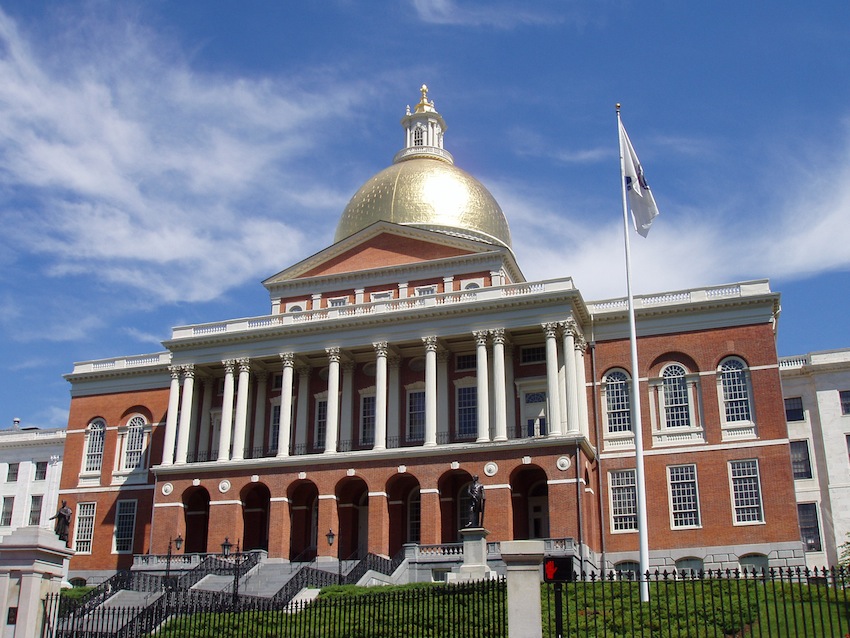The Peoples’ Revolt: Many Aren’t Pleased With Recent Laws That Were Passed
Not long after several new pieces of legislation went into effect at the end of July, constituents around Massachusetts expressed their discontent and disagreement, and are now calling for changes to some of those recently enacted laws.
On Thursday, the Attorney General’s Office announced that more than 16 groups filed 33 petitions for proposed law changes or constitutional amendments, many of which could appear on the 2014 ballot in November, giving voters the choice to pass legislation rather than allow elected officials to make the calls on certain statewide issues.
Petitions filed included measures to raise the minimum wage in Massachusetts to $11 an hour, to force companies to label foods containing genetically modified organisms, and to update the state’s bottle bill by adding non-carbonated beverages to the bottle redemption law.
Other initiatives submitted to the Attorney General’s office took direct aim at legislation that was enacted as part of the fiscal year 2014 budget, which was passed by Beacon Hill, and got Governor Patrick’s approval, on July 31.
Specifically, groups are calling for a repeal on the increase in the state gas tax, which is tied to inflation, a move that was tacked on by the legislature as part of a larger package to pump millions of dollars a year into the state’s ailing transportation infrastructure.
Workers in the tech sector are also looking to roll back recent changes to state law by calling for a repeal of the new computer software tax that forces companies to add the 6.25% sales tax to sales of their products to clients.
Business owners said last week that the new tax would likely cause companies to move out of state because of the rift it will create between manufacturers and their customers. Representatives from the Massachusetts Taxpayers Association, who argued against adding it to the Transportation Finance bill, called the tax the most sweeping in the nation.
The filing of proposed ballot initiatives is the first step in a daunting process to assure that the desired questions end up on the 2014 ballot.
According to state law, officials first have to review whether the petitions meet certain constitutional requirements and can be certified to file with the Secretary of State. After the proposals are certified, those backing the initiative must collect and file 68,911 signatures from valid registered voters by December 4, 2013. If they collect the required amount of signatures, the proposal is sent to the state legislature. If the legislature fails to enact the proposal, the proponents pushing for the ballot initiative have to hit the streets a second time and gather another 11,485 signatures by July in order to get it on November’s ballot.
Getting a proposal on the state ballot is a tough job, however.
According to past ballot question statistics, roughly 10%, on average, of the questions petitioned by constituents actually landed in front of voters’ eyes. Coakley’s office said 31 initiative petitions were submitted in 2012, with just three making it to the ballot. In the 2010 election, 30 initiative petitions were submitted, and again only three appeared on the ballot that year. Similarly, in the 2008 election, 13 initiative petitions were submitted, but only three made it to the voting booths.



